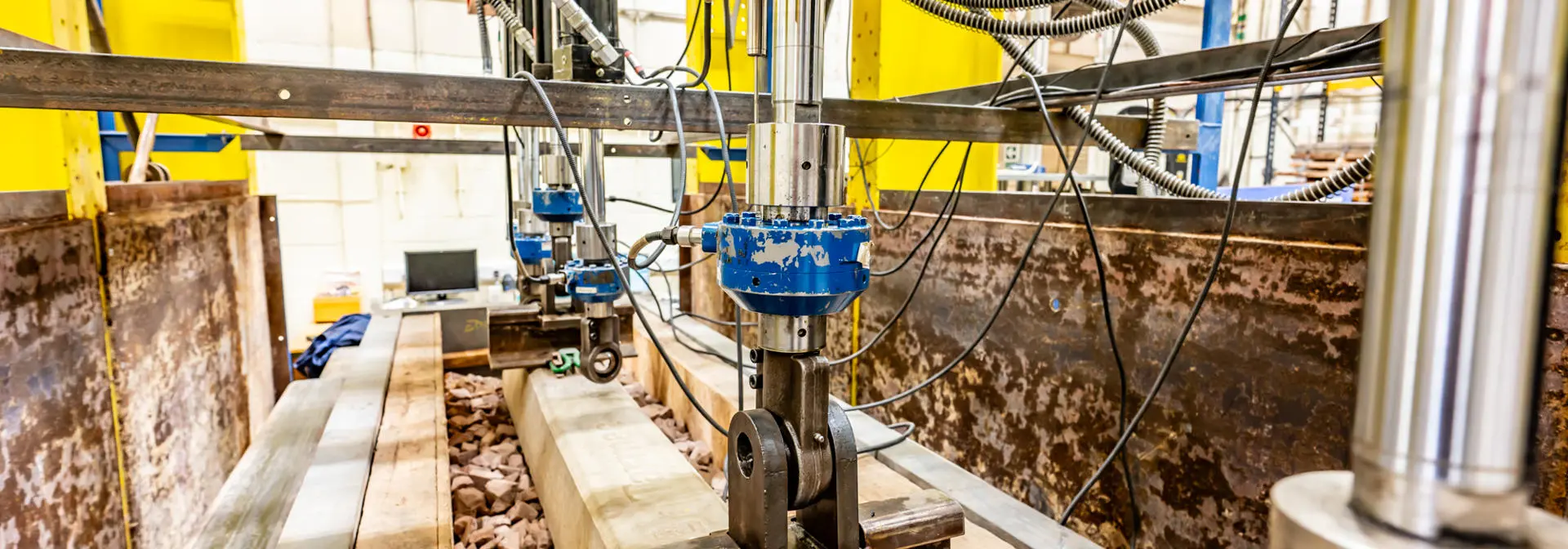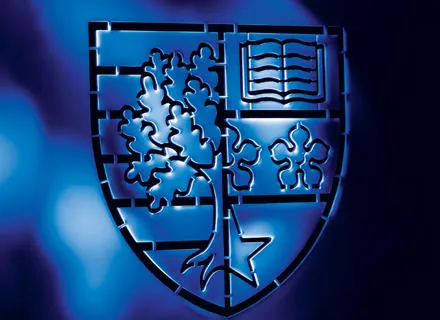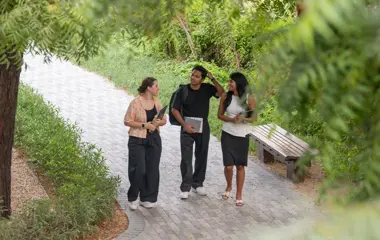Key information
- Funding
- Self-funded
- School
- Energy, Geoscience, Infrastructure and Society
- Location
- Edinburgh
- Delivery type
- Full-time, Part-time
- Start date
- September
Globally important Grand Challenges such as sustainability, environmental limits, social inclusion and wellbeing are not merely technical problems. These challenges place engineering in contact with a far wider range of non-engineering disciplines, other stakeholders, and concerns that exist now and in the future. Systems thinking is about viewing problems such as these in a more holistic way. It is about enabling engineers to develop new perspectives, to cope with complexity, and achieve highly novel solutions that balance the needs and requirements of different stakeholders in effective, equitable ways.
Systems thinking is taking engineering beyond isolated technical specialisms and is at the forefront of the Civil Engineering discipline. As such, it is a cornerstone of the Institute itself. It is embedded in the mix of academic staff, who cover the full spectrum from engineering through to human sciences, and it is embedded in the inter-disciplinary nature of research topics such as infrastructure resilience, carbon accounting, sustainability assessment, risk analysis, efficient use of renewable and non-renewable resources, and human factors. The success of systems level solutions developed by the Institute include the delivery of sustainable urban environments, developing policy for carbon accounting in the energy and water industries and the impact of automation on the lives of vulnerable sections of society such as the elderly.
Research projects
ORIGIN
(EU, November 2012 – ongoing)
The EU funded ORIGIN research project is being led by the Institute. The project consortium is developing an orchestrated approach to the exploitation of renewable energy at a neighbourhood level with the intention of increasing the uptake of renewably generated electricity. This research involves synchronising local electricity demand to the availability of low carbon energy via advanced demand prediction algorithms and state of the art energy monitoring and control. Other members of the consortium include the Fraunhoffer Institute for Solar Energy (Freiburg, Germany), The University of Strathclyde and Intelligent Sensing Anywhere (Coimbra, Portugal).
Flight Data Monitoring (FDM) Project
(Engineering and Physical Sciences Research Council, January 2012 – ongoing)
Novel systems level solutions have been applied to the transport safety domain. Rail and air travel are exceptionally safe travel modes but as an ‘engineering system’ they have grown and become busier over time. As a result, they have become more complex. This, in turn, creates new unforeseen possibilities for problems to occur and a new imperative to detect the emergence of such problems as early as possible. A particularly troublesome class of problem arises from the interface of people and transport systems. Despite purely technical interventions and countermeasures, accidents still occur and engineering needs to be coupled to the human sciences in order to understand them and arrive at effective cross-disciplinary solutions.
Researchers within this theme are currently working on a Flight Data Monitoring (FDM) project. This is the process by which data on routine airline operations collected from on-board data recorders (or so-called ‘black boxes’) is subject to regular and systematic analysis. This is carried out to detect subtle behavioural trends that serve as markers of potentially more serious problems in the future. Working with industry stakeholders across the rail and aviation sectors, existing FDM techniques are being enhanced through the application of Human Factors methods, and applied to new transport domains such as the railway industry. The primary motivation for the project is to provide accident investigators with greater insight into problems that occur at the interface of people and systems. These insights, in turn, provide highly novel directions for future engineering interventions.
Project supervisor
Staff contributing to this research area include:
Entry requirements
Candidate criteria
We welcome applications from suitably qualified candidates. Please visit our How to apply page.
Funding information
| Status | Full Time | Part Time |
|---|---|---|
| Scotland | £5,151 | £2,575.50 |
| England / Wales / N Ireland | £5,151 | £2,575.50 |
| International | £26,296 | £13,148 |
- Status: Your residency status is usually defined as the country where you have been ordinarily resident for the three years before the start of your course.
- International: 'International' includes applicants from European Union countries who do not hold Pre-Settled or Settled status in UK. (This does not include students from the Republic of Ireland - see above).
We offer a number of competitive funded scholarships for research degrees. Full or partial support may be available for well-qualified candidates from UK research councils, research pools, charities or industry.
View our full range of scholarships.
Why Heriot-Watt
We're the top university in Scotland for graduate outcomes which means that more of our graduates are employed or in postgraduate education than any other institution in the country and we ranked 5th in the UK.
We're also rated number one in the UK for CEO or MD roles, meaning more of our graduates go on to become CEOs or MDs than any other university in the whole of the UK. On top of that, we have beautiful campuses, across the globe, so you'll get a truly international education. Our Edinburgh Campus is home to Oriam, Scotland's National Sports Performance Centre combined with plenty of wellbeing resources, prioritising fitness and mental health for all students. Our Global Research Institutes look at solving real world issues such as climate change and saving our oceans as well as working on the next medical technological breakthrough and the future of AI and robots.


